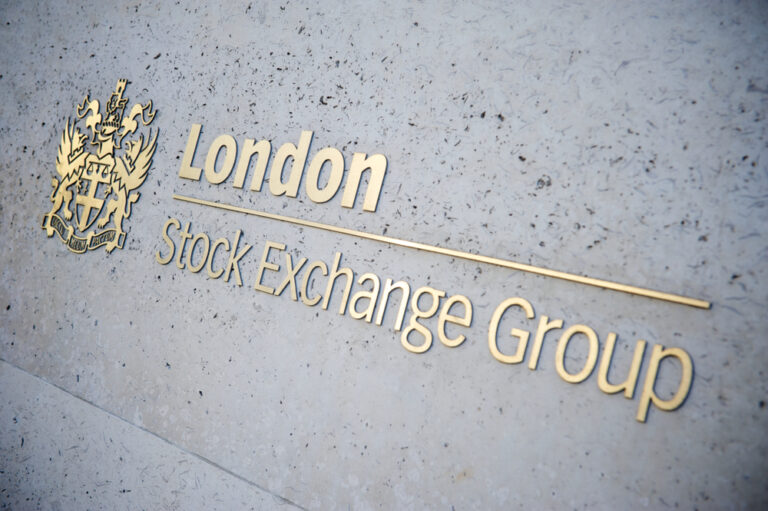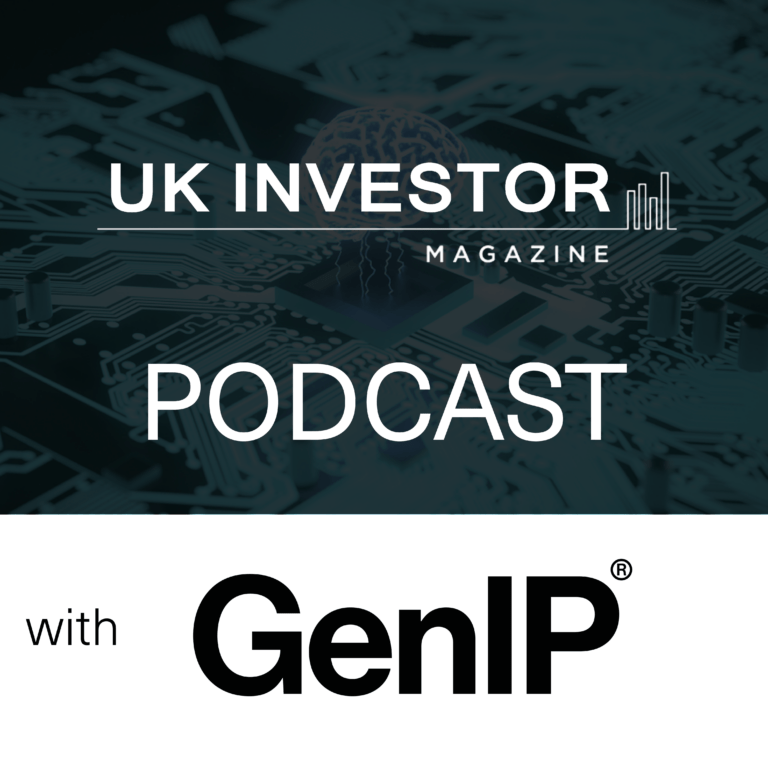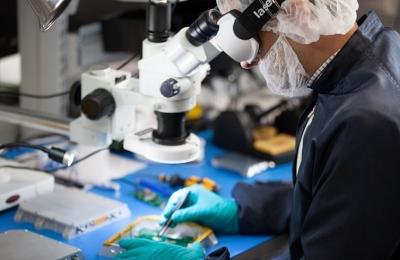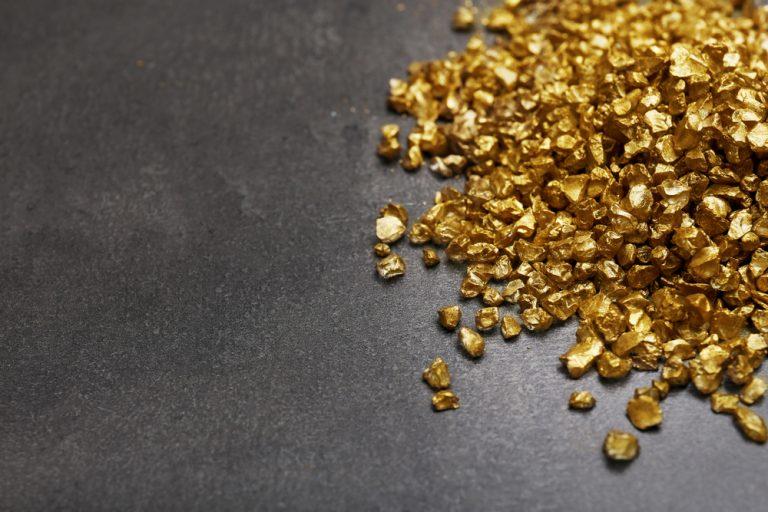Ceramic hospitality products manufacturer Churchill China (LON: CHH) is indicating its confidence for the medium-term by increasing the final dividend by 6% to 26.5p/share, which takes the total for the year to 38p/share. This was despite the dip in pre-tax profit from £10.8m to £8.5m as revenues fell from £82.3m to £78.3m. In the UK the sales to national pub and restaurant chains rose, but independents spent less. There was a decline in international revenues, although £1.1m of hotel projects were won. Additional retail business was taken on to help keep the manufacturing facilities running at an efficient level even though it is lower margin. The US was 9% of revenues and tariffs create uncertainty, but there may also be opportunities to gain from manufacturers in countries where the additional tariffs are higher. There is a new manufacturing facility in Romania. A flat profit is expected this year. The share price rebounded 17.4% to 575p.
Minerals explorer Ariana Resources (LON: AAU) chairman Michael de Villiers has bought one million shares at 0.99p each and 1.78 million shares at 1.142p. He owns 3.55%. This follows the purchase of 440,388 shares at 1.134p each by Dr Kerim Sener. He owns 1.23%. The share price is 5% higher at 1.05p.
Estate agency M Winkworth (LON: WINK) has increased its quarterly dividend by 14% to 2.9p/share. M Winkworth has paid out more in dividends than the share price when it floated in 2009. The share rice improved 3.59% to 202p.
Windows supplier Epwin (LON: EPWN) reported slightly better than expected 2024 figures. Pre-tax profit was 6% higher at £19m despite a dip in revenues. There was an operating cash inflow of £42.1m. The total dividend was raised by 6% to 5.1p/share and it is nearly two times covered by earnings. Zeus believes that Epwin can offset the National Insurance and other cost increases of around £3m and still improve profit this year. The share price increased 3.33% to 93p.
FALLERS
Shareholders backed the Ethernity Network (LON: ENET) general meeting resolution to increase the share capital, but it did not receive the required 75% of the votes to disapply pre-emption rights – 67% were in favour. The share price dipped 27.1% to 0.0175p.
Audioboom (LON: BOOM) says the latest quarterly figures show record revenues per thousand downloads. The podcast platform operator increased 2024 revenues by 13% to $73.4m. The first quarter performance and advertising bookings were 15% ahead of the first quarter of 2024. Revenues are currently forecast to grow by 9% in 2025. The share price is 13.2% lower at 377.5p.
Sunrise Resources (LON: SRES) highlighted its portfolio of drill ready precious metals projects at a time when the gold price is hitting new highs. This includes the Clayton silver gold project, Bay State silver project and Newark gold project in Nevada. The share price still fell 8.82% to 0.0155p.
IT managed services provider Tialis Essential IT (LON: TIA) is creating a new subsidiary called AI Auxesis, which will combine consulting with investment. The business will be led by Andy Mills and Ian Smith, and they will each invest £62,500 in the subsidiary. Tialis Essential IT will invest £125,000 and it is raising £125,000 via a subscription at 60p/share. The share price slipped 5.83% to 56.5p.










